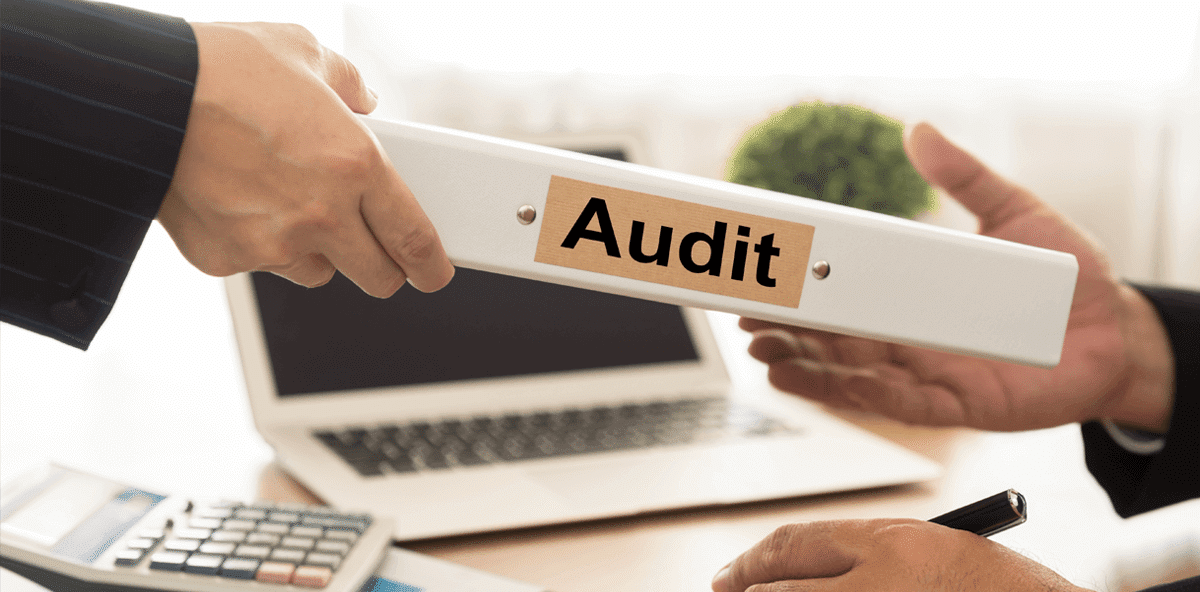In the intricate world of business financing, Equipment Leasing, and Equipment Loans, the transparency and credibility of a company’s financial health are paramount. Audited financial statements thoroughly examine a company’s financial records by an independent third party, usually a certified public accountant (CPA) or an audit firm.

Building Trust with Lenders
At the core of any lending decision lies the element of trust. Lenders must trust that the borrower can repay the loan on time and in full. Suppose the prospective borrower provides the lender with financials that have been verified and audited or at least reviewed by an outside agency. In that case, that borrower’s loan request goes to the top of the pile because of the trust the lender now has in the company’s financial profile.
Enhancing Loan Terms
Faster Approval Processes
The loan approval process can be lengthy, primarily due to the due diligence conducted by the lender. Audited financial statements can expedite this process. Since a third party has verified the financial information, lenders can reduce the time and resources needed for their due diligence. In most cases, the audited numbers allow for a shortened underwriting period and faster distribution of loan proceeds.
Expanding Financing Options
Audited financial statements can open up a more comprehensive range of financing options. Some lenders and financing programs, particularly those offering more competitive rates or significant loan amounts, require audited statements as part of their application process. Without these audited documents, businesses may find themselves ineligible for certain types of loans or funding sources.
Demonstrating Fiscal Responsibility
Beyond the immediate benefits of the lending process, audited financial statements signal a company’s commitment to fiscal responsibility and transparency. A CEO willing to spend the necessary time and resources to engage an auditor is acutely aware of their responsibility for transparency to shareholders, lenders, partners, and investors in providing an accurate financial profile of the organization.
Cost of an Audit or Review
As you might expect, the cost of auditing your company’s financials will vary significantly based on many factors, including the number of locations, size of the organization, sources of income, asset pool, are they local, regional, national, or international, and the list goes on. Traditionally, an audit will cost a business between $20,000 to $50,000 annually, with an audit from one of the big four firms potentially hitting hundreds of thousands and more. Deloitte, Ernst & Young, KPMG, and PwC are the largest; however, there are excellent local accounting and auditing firms in every state, which would be a great start.
Obviously, from our perspective, the best thing a business can do besides generate a profit is to invest in an audit or review of their book, especially if you plan on entering the capital markets for funding.

